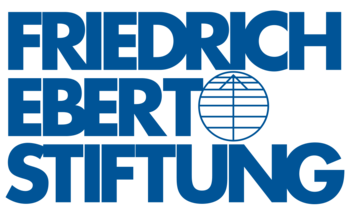Youth Study on the 2024 European elections in Germany
Friedrich-Ebert-Stiftung
June 9, 2024 is of particular importance from the perspective of young people in Germany, especially 16- and 17-year-olds: many will be able to vote in an election for the first time. The European elections will be the first nationwide election in Germany with a lowered voting age of 16 years. Previously, this voting age only applied to state and/or local elections in some federal states, but never nationwide. Another special occurrence is that local elections are being held in nine federal states at the same time - albeit with different voting age limits in different states.
How do young people deal with the, for many of them, freshly acquired right to vote, especially in states where they are not eligible to vote in all elections taking place there in this year? How do young people inform themselves in this time of multiple crises and a rapidly changing information environment, especially with regard to social media? The project "Youth Study on the 2024 European Elections in Germany", funded by the Friedrich-Ebert-Stiftung, aims to build on previous election studies, but also tries to incorporate new interesting aspects. This includes, for example, a deliberate focus on the pre-election period. After all, young people's information behavior appears to be changing especially dynamically. At the same time, it is repeatedly questioned whether young people are sufficiently informed and have the necessary "maturity" to make well-considered decisions.
The core of the project is an online survey of young people and young adults, drawn from the central civil register, on the occasion of the European elections and - in nine federal states (Baden-Württemberg, Brandenburg, Hamburg, Mecklenburg-Vorpommern, Rhineland-Palatinate, Saarland, Saxony, Saxony-Anhalt and Thuringia) - the municipal elections taking place around the same time. The fact that different voting age limits apply in these federal states further increases the research potential.
The upcoming election is the starting point for us to gain a comprehensive insight into the political attitudes and political behavior of young people and thus fill a gap in the existing survey landscape. How do young people experience elections and democracy these days?
